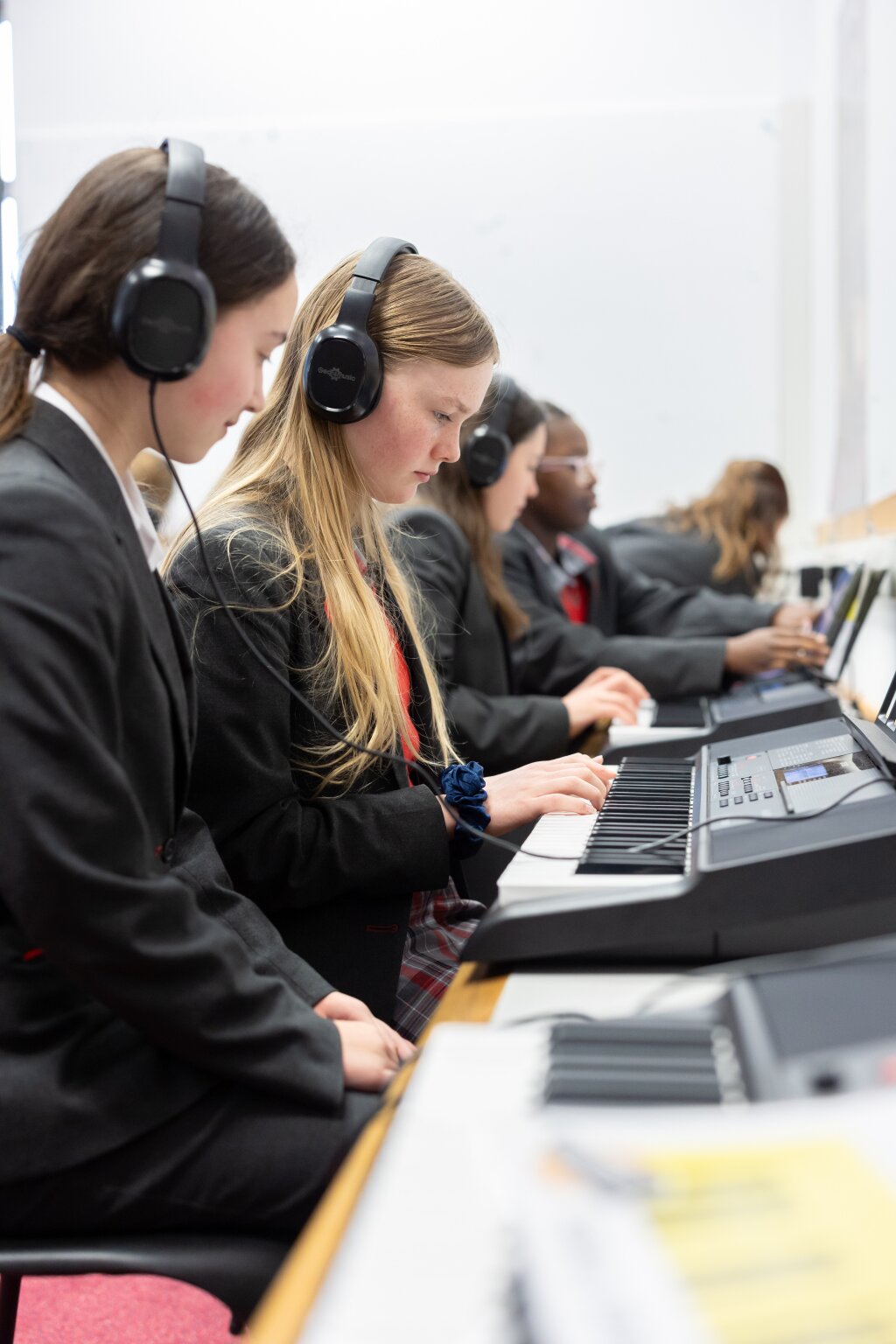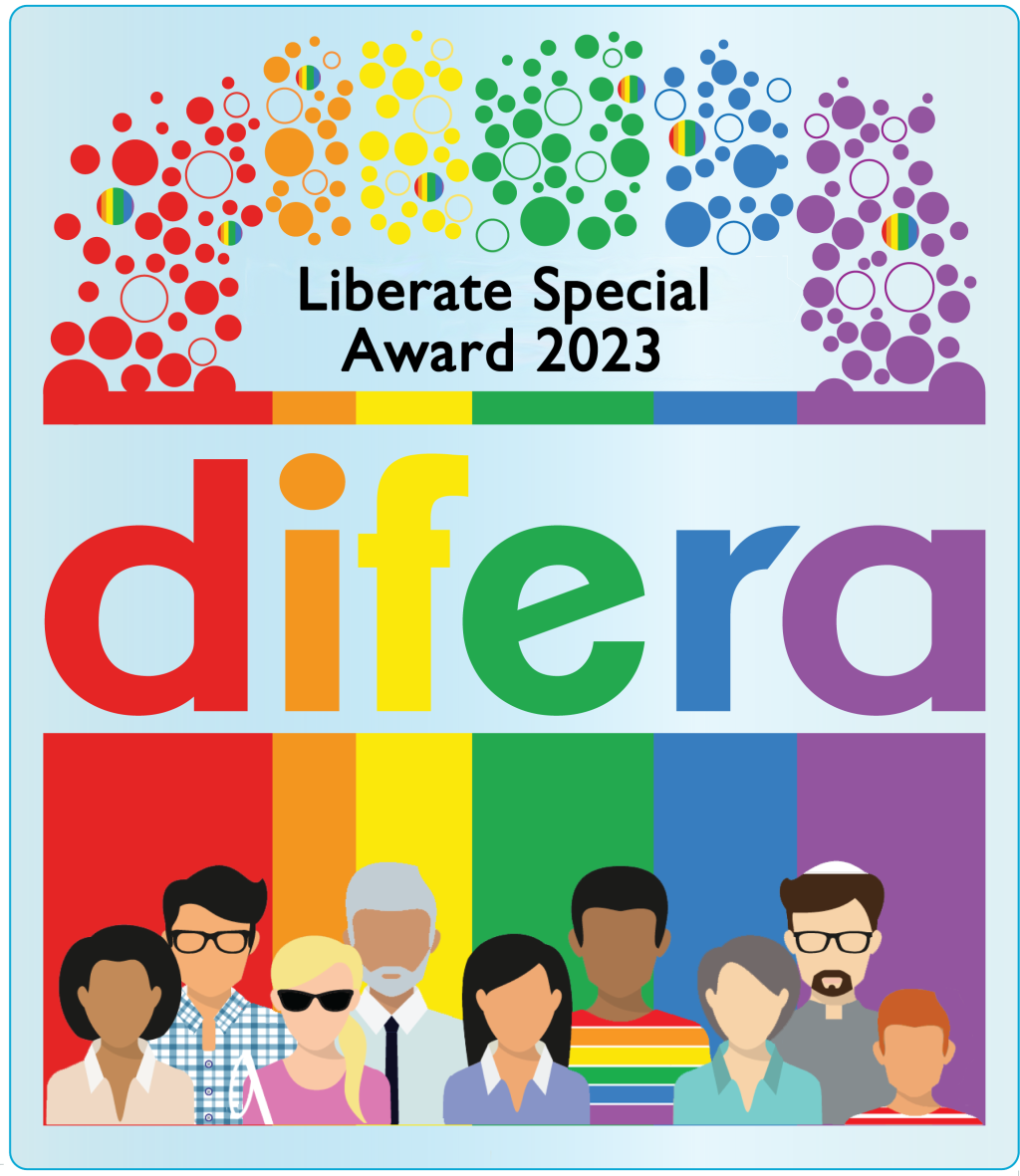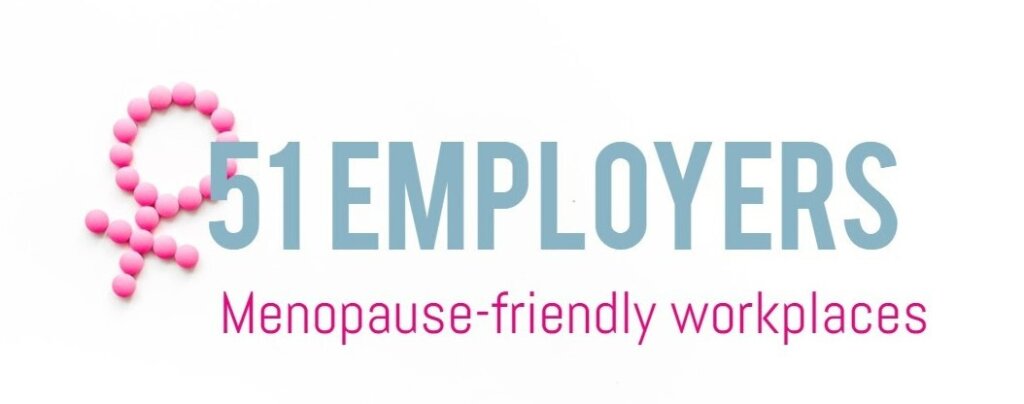Unleashing the magic
Purpose
Key Stage 3 music education plays a crucial role in students’ academic, social, and personal growth. It enhances communication skills, critical thinking, and creativity, fostering adaptability and innovation. Music helps develop emotional intelligence and empathy, while also promoting collaboration and cultural awareness. The discipline required builds resilience, and performing boosts confidence. Overall, KS3 music equips students with essential life skills, shaping them into well-rounded, capable future leaders.
Content
Year 9 Music focuses on advanced skills and prepares students for GCSE Music. Autumn term covers song arrangement, requiring strong knowledge of music theory like time/key signatures, chord progressions, and harmony. Students learn about simple and compound time, analyzing music's emotional impact, and experiment with instrumentation for original arrangements.
Spring explores film music, focusing on underscoring, timing, and instrumentation. Students develop motivic material and learn about leitmotifs, refining compositions through feedback. The second half of spring delves into gaming music. Students analyze video game soundtracks and compose their own using software and live instruments, demonstrating advanced melody and harmony knowledge, further developed through group work and peer appraisal.
Summer term features a final assignment: performance, composition, or music review, integrating KS3 learning. Students present their work in a class concert. The term concludes with a GCSE bridging scheme, including whole-class performance with a bespoke classroom orchestra, a composition project, and a music theory "boot camp" to prepare them for the higher expectations of the GCSE course.
Beyond the classroom
Performing, Appraising, Composing, GCSE Bridging project, Christmas performance, class concert or presentation.





